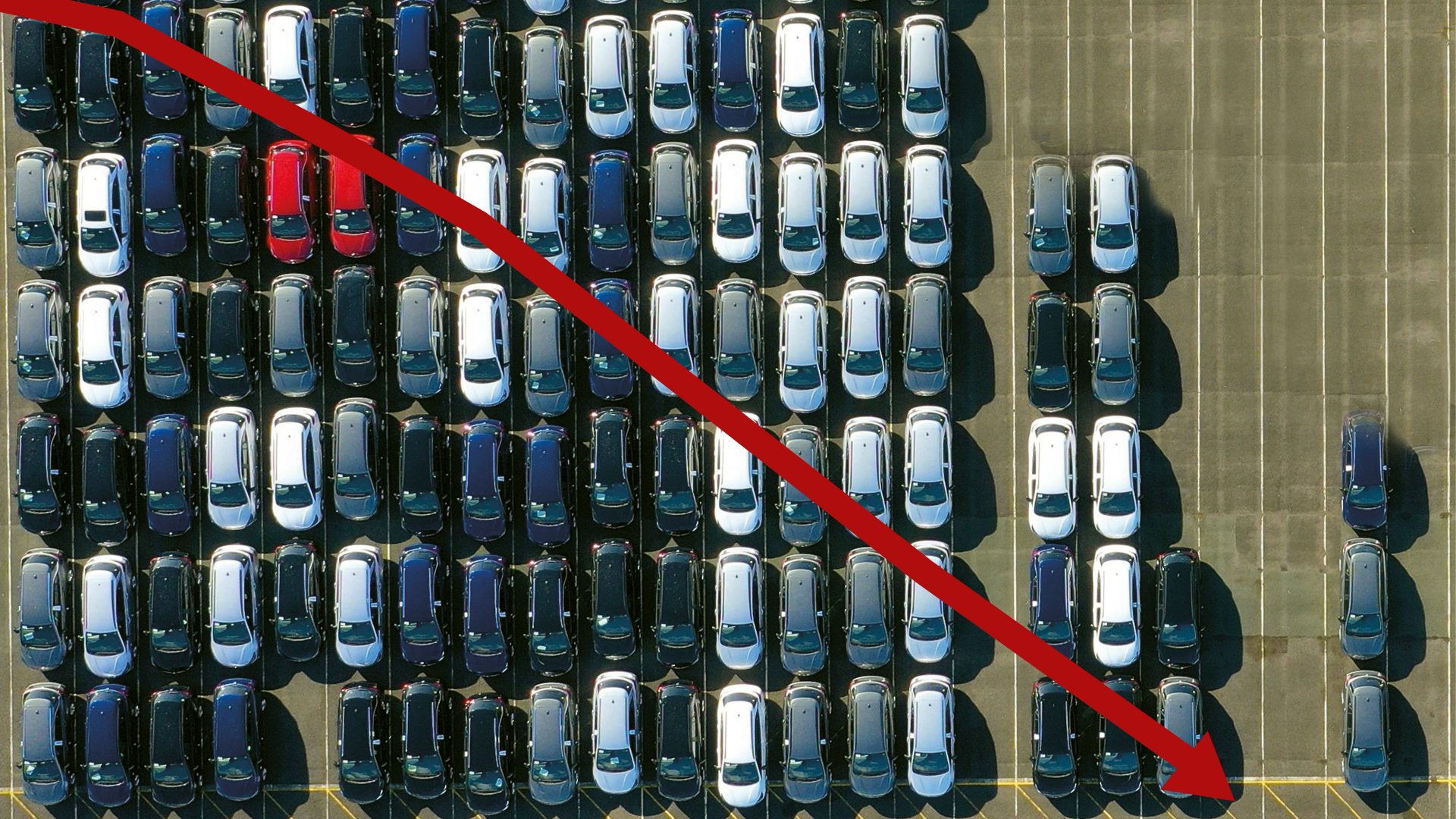While Googling for a punchline, I discovered that Ken Livingstone, former mayor of London, and Mark Twain are both credited with the same quotation (evidence suggests the latter made it first): “If voting changed anything, they wouldn’t let us do it.”
They may have a point. Although in my country the latest general elections did bring about hyper-expansive change – to parliament itself. It has bloated to obesity.
Legally, there should be 598 MPs; in reality, this number has never been met since 1990. See if you can figure out the logic behind how it has grown: 662 MPs, 672, 669, 603, 614, 622, 631, 709…
That was a trick question. There is no logic, no Fibonacci-like sequence. Parliament has just grown. And grown. To an all-time record in 2021: 736 Bundestagsabgeordnete! That’s 138 more than we asked for, plus of course, staffers, offices, equipment – it will cost €100m (£85.2m) extra per year.
Cold comfort: ahead of the election, psephologists (political scientists who analyse elections) had warned that there may be a scenario inflating the Reichstag to 800 or even 900 MPs.
Today, Germany has the second-largest parliament in the world – and only if you count the Chinese National People’s Congress as No. 1 (3,000 members, but to surely qualify as parliament there is an obstacle called free and fair elections).
So why has the Bundestag turned into a massive job creation scheme? The answer is complicated: our system of “personalised” or mixed-member proportional representation means you have two ballots. One for the local candidate (299 MPs have to win a constituency), a second one – the Zweitstimme – for a party (so that another 299 MPs are chosen according to their rank on the party’s regional proposal lists).
Now, if one party (usually the case with the Christian Democrats, CDU, and their Bavarian sister party, CSU) wins more seats in the constituencies than is mirrored by the proportional Zweitstimmen-result, it keeps these direct mandates. The other parties in turn are compensated with surplus MPs. Told you, complicated.
To understand the specifics of how to level out the imbalance, you need a maths degree. What is obvious, though: the more parties in the Bundestag (currently six), the more compensation. Hence the bulge, which has been battled for years – to no avail.
The dividing line is the traditional one between a proportional system and a UK-style first-past-the-post system.
Both have advantages and disadvantages – so in 1949 the creators of the Bundesrepublik opted for a mix, the best of both worlds. It worked fairly well in times of two strong Volksparteien and one or two smallish coalition partners.
But Germany’s 62 million or so voters increasingly chose to split the votes – usually supporting a CDU/CSU or SPD local candidate, and then using the second vote to endorse the Liberal or Green party.
By now, two former presidents of the Bundestag have failed to reform parliament and the electoral system. Because of two things in their way: parliament and the electoral system.
The dilemma is simple: whatever the reform may be, it will mean that MPs have to decide in favour of the taxpayer – and against their own best interest (which is to be as numerous as possible).
Sidenote: there is no proof that more politicians make for better policies. There’s ample research, however, linking inefficiency to oversized organisations.
What we see in Berlin lately is MPs TikToking to an extent that makes you wonder if they don’t have a proper job. Or a hobby – like electoral reform.
The freshest reform proposal – published by three members of the governing coalition in FAZ newspaper to inform the opposition, too – has immediately been rebuffed as unconstitutional. It envisaged a third vote (not that every voter can tell the first two apart) and a scheme to strip the winner of his direct mandate in certain constituencies and hand it to the loser. You couldn’t make it up.
The matter is now in the hands of a parliamentary and expert commission that has just been formed. To be continued…
PS: If you remember Germansplaining on “How the capital fails German democracy” last November, and Berlin’s shenanigans during the 2021 general election, there’s an update: last week the federal returning officer, Georg Thiel, asked for an electoral encore. Six of the 12 Berlin constituencies should vote again, he said, because of “complete systematic failure of electoral organisation”. But my hopes aren’t high. The Bundestag has the final say.




